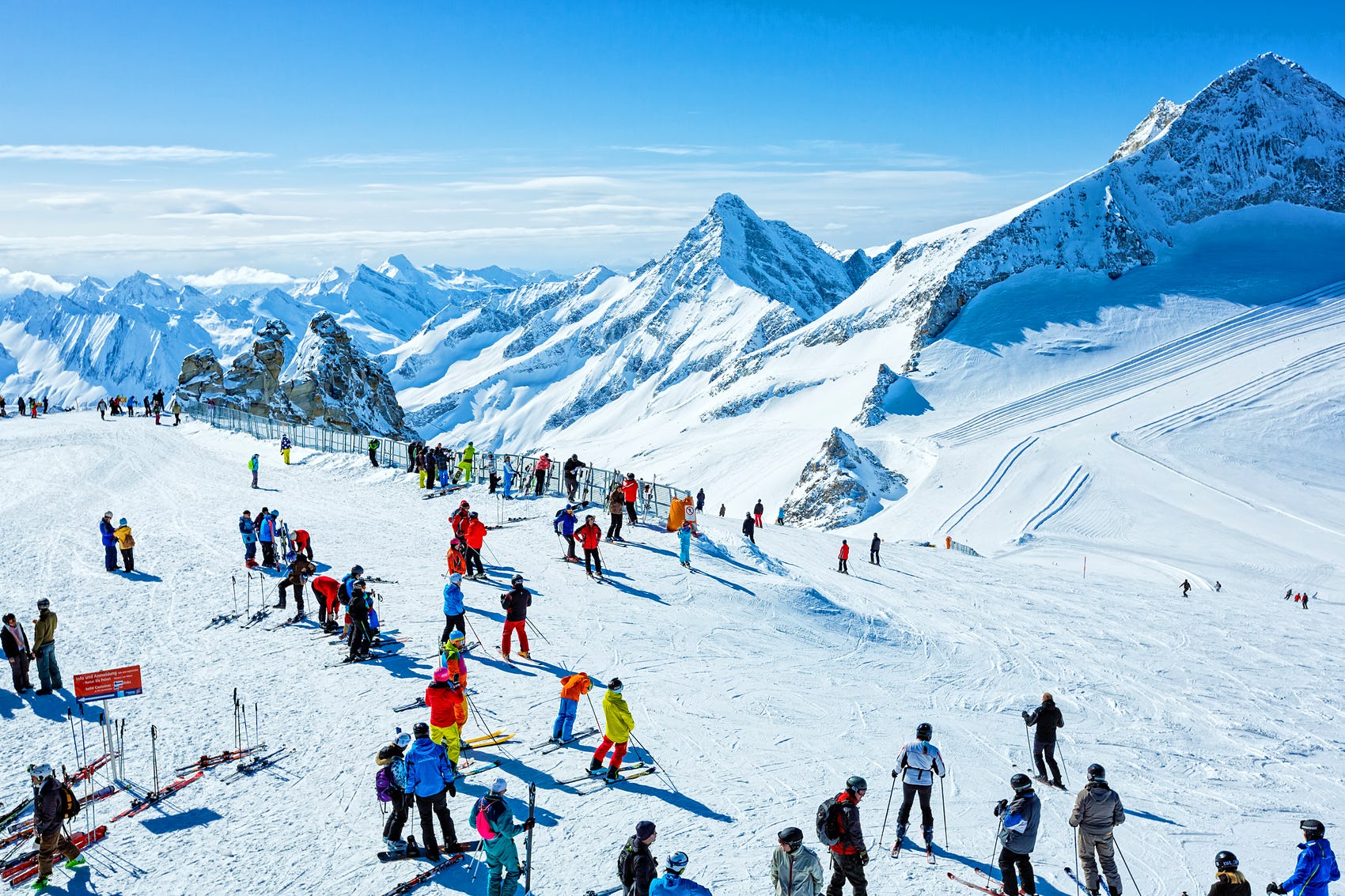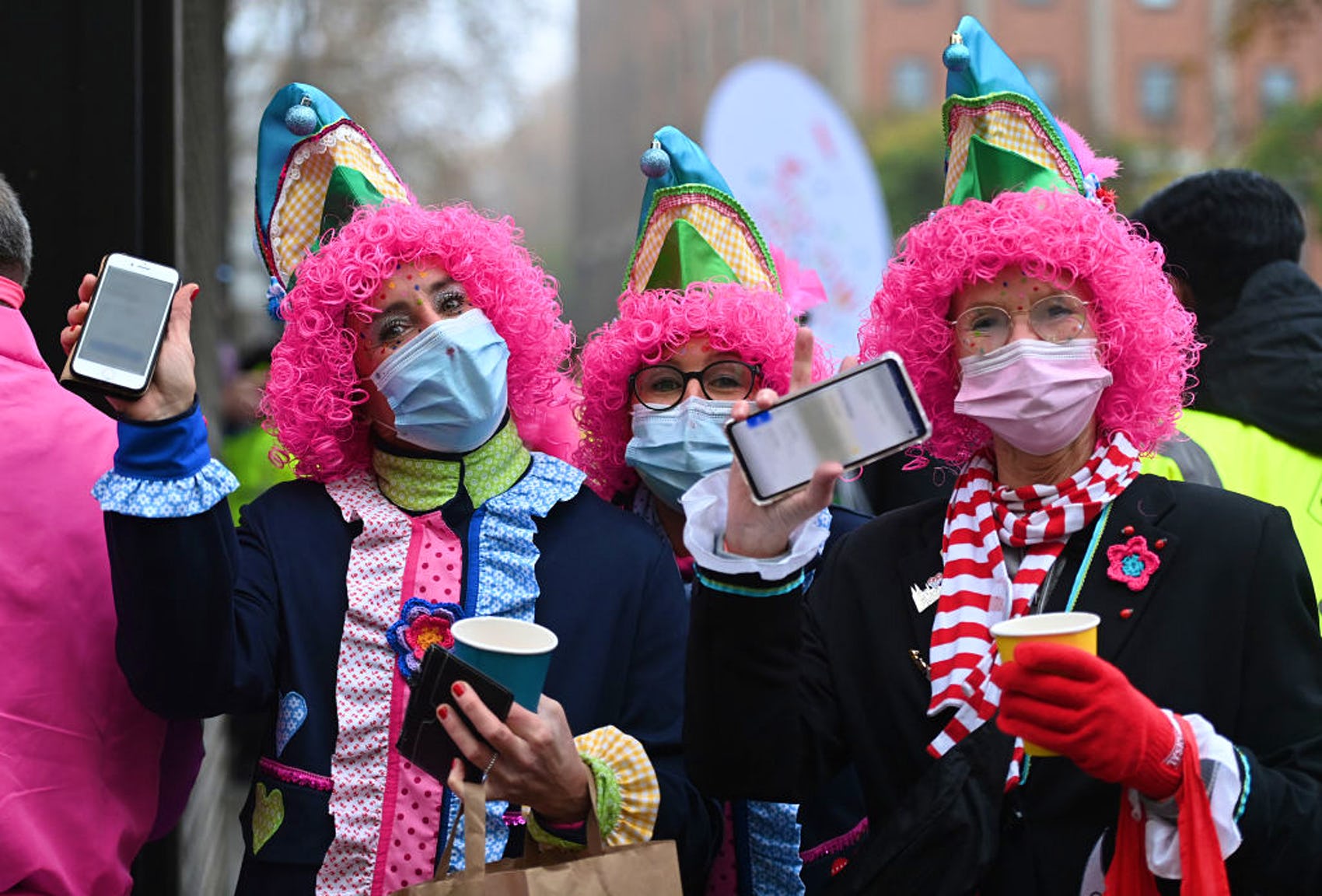Europe remains the epicenter of the pandemic as it struggles with a sharp rise in Delta virus infections. The discovery of a new variant of COVID-19 Omicron in countries such as Italy, the Netherlands, Denmark, the United Kingdom and Germany should increase the pressure, leading to even greater border and domestic restrictions as governments seek to reduce infection.
On Friday, Belgium announced the introduction of curfews in some hotels after a sharp increase in the number of cases and the registration of a new version of Omicron. In response to the growing number of COVID-19 cases, the Netherlands has announced the partial closure of bars, restaurants and other establishments from 5 pm to 5 am.
Meanwhile, in some parts of Germany, restaurants, bars, cinemas and hairdressers will only be allowed to those who have been vaccinated or who can prove that they have recently contracted COVID. Probably further expansion of the rules.
German Health Minister Jens Spahn said the situation had reached “a level never seen in the pandemic” and that Professor Lothar Wheeler, head of the Robert Koch Institute, had called for an “immediate mass reduction in contacts”, according to the Guardian. in Germany by closing the premises as the number of patients continues to grow. Other countries, including Slovakia and Austria, have stepped up their response to COVID-19, introducing full nationwide detention facilities, following tightening of entry rules in France, Germany and Italy.
In the United Kingdom, the mandatory closure of persons in public transport and shops has been reintroduced. Due to the distribution of the new version of Omicron on Tuesday for all who enter the UK, it will be necessary to take PCR tests. According to Prime Minister Boris Johnson, these measures are “temporary and precautionary.”
If you are planning a trip to Europe this winter, here are some points to consider due to the latest restrictions on COVID-19 and how they may affect your plans.
Which countries are reintroducing restrictions?
Short answer: a lot. If you go to Europe for the holidays, expect that the situation will not be the same as in summer. From Austria to Belgium, from Croatia to Denmark, restrictions appear almost as quickly as they disappear. Most of them concern unvaccinated people, but some affect the entire population. In the Netherlands, for example, a partial blockade has been introduced, forcing catering establishments such as restaurants and bars to close at 5 pm. Belgium also ordered bars to close earlier and closed nightclubs.
Decreased levels of immunization, weakening or incomplete restriction of access, lowering the temperature that forces people to stay indoors, are part of the current crisis in Europe, but this wave may also be related to relatively low vaccination rates in countries with recent cases in recent weeks. increased sharply.
Austria, along with Slovakia, has taken one of the toughest positions, introducing nationwide isolation from November 22 to December 13 after a record increase in the number of cases. Austria has also introduced compulsory vaccination of the entire population since February. According to Reuters, this country has the lowest vaccination rate in Europe: only 65% of the population is fully vaccinated against COVID-19. Germany is not far behind – 67%, and health officials are calling for tougher measures to curb the spread of the virus.
Can I still travel to Europe?
If you follow the vaccination schedule, ie you do the second or even the third vaccination, you will be fine if you do not go to a closed country.
Typically, unvaccinated travelers face additional restrictions wherever they go, but they vary from place to place. Within the EU, unvaccinated people traveling between countries will be subject to some testing requirements in the coming weeks, as the EU and the Schengen area have expanded the list of countries considered to be at high risk to take into account the current situation.
Unvaccinated travelers from outside the EU face even tougher restrictions, such as quarantine or travel bans, depending on where they are going and where they are going. In Italy, for example, unvaccinated Americans must isolate themselves upon arrival and are barred from traveling to the Netherlands.
From Tuesday, everyone entering the UK (except Ireland) is required to take a PCR test within 48 hours of arrival. The test must be pre-booked before the trip and purchased only from a supplier approved by the UK government. While you wait for the test results, you should isolate yourself.
Do I need to present a vaccination certificate in Europe?
In general, yes. Most countries will ask for confirmation of vaccination at the border to avoid quarantine and testing requirements. But with the advent of new waves of COVID-19, countries are increasingly requiring proof of vaccination to gain access to services.
Greece, Italy, Denmark, France, Croatia, Austria, Germany, Norway and Belgium are just some of the countries that have tightened or expanded the rules on medical passes as the incidence increases, requiring people to provide evidence of vaccination or recovery, or in some cases, a recent negative COVID-19 test for visits to most hotels, recreation and entertainment venues, and some government services.

Will the new restrictions affect ski resorts?
Restrictions vary, but at most resorts you can expect to wear masks, limit the capacity of lifts and indoor spaces, as well as measures for social distance. Most likely, you will need confirmation that you have been fully vaccinated, recovered from COVID-19, or recently passed a negative test. France and Italy require COVID passes to access ski lifts. The official start of the ski season in Austria is scheduled for December 13, when the national ban will end, but the measures are likely to be severe, especially since Ischgl, a popular ski resort, became the center of Austria’s largest concentration of COVID-19 last year. .
Are the big events going on?
People who travel during the holidays may be looking forward to seasonal events such as Christmas markets, concerts, New Year’s parties and celebrations. But it is fair to wait for some cancellations. In Germany, some Christmas markets have already closed, but the abolition has not yet become widespread. At least when attending large events, health and safety measures, early closure or capacity limitation are expected to be strengthened. But as governments try to stem the tide of growing disease and growing concern about a new option that has already reached Europe, it is likely that new setbacks will be on the horizon.
Bottom line: if you are planning a trip, visit the website of the embassy of the country you are going to to find out the latest news about the entry and stay of COVID-19 in the country. The Re-open EU website is also a good source of information. The rules may be re-entered or extended without notice depending on the condition of the virus.

